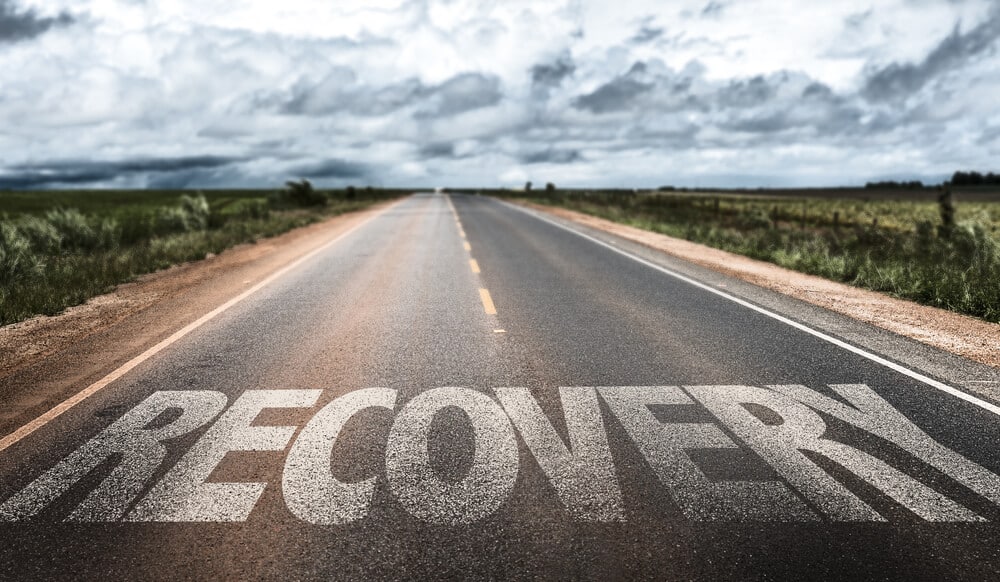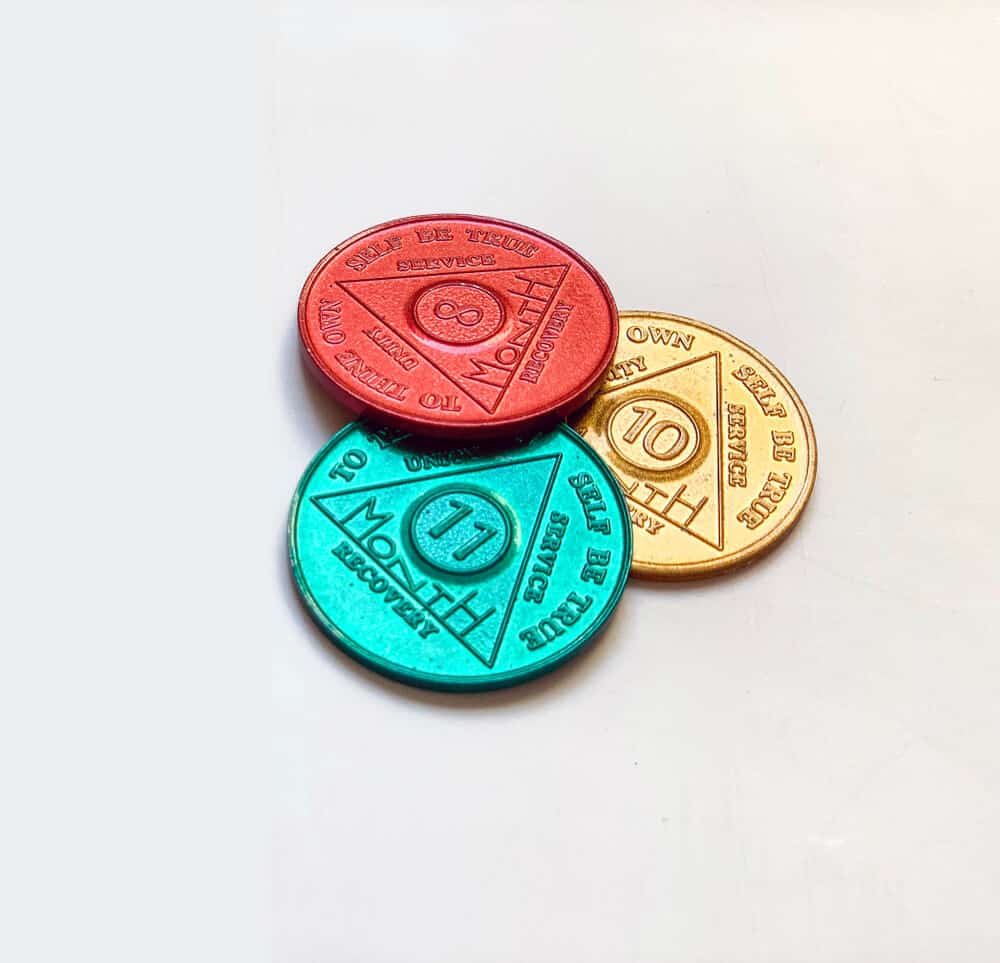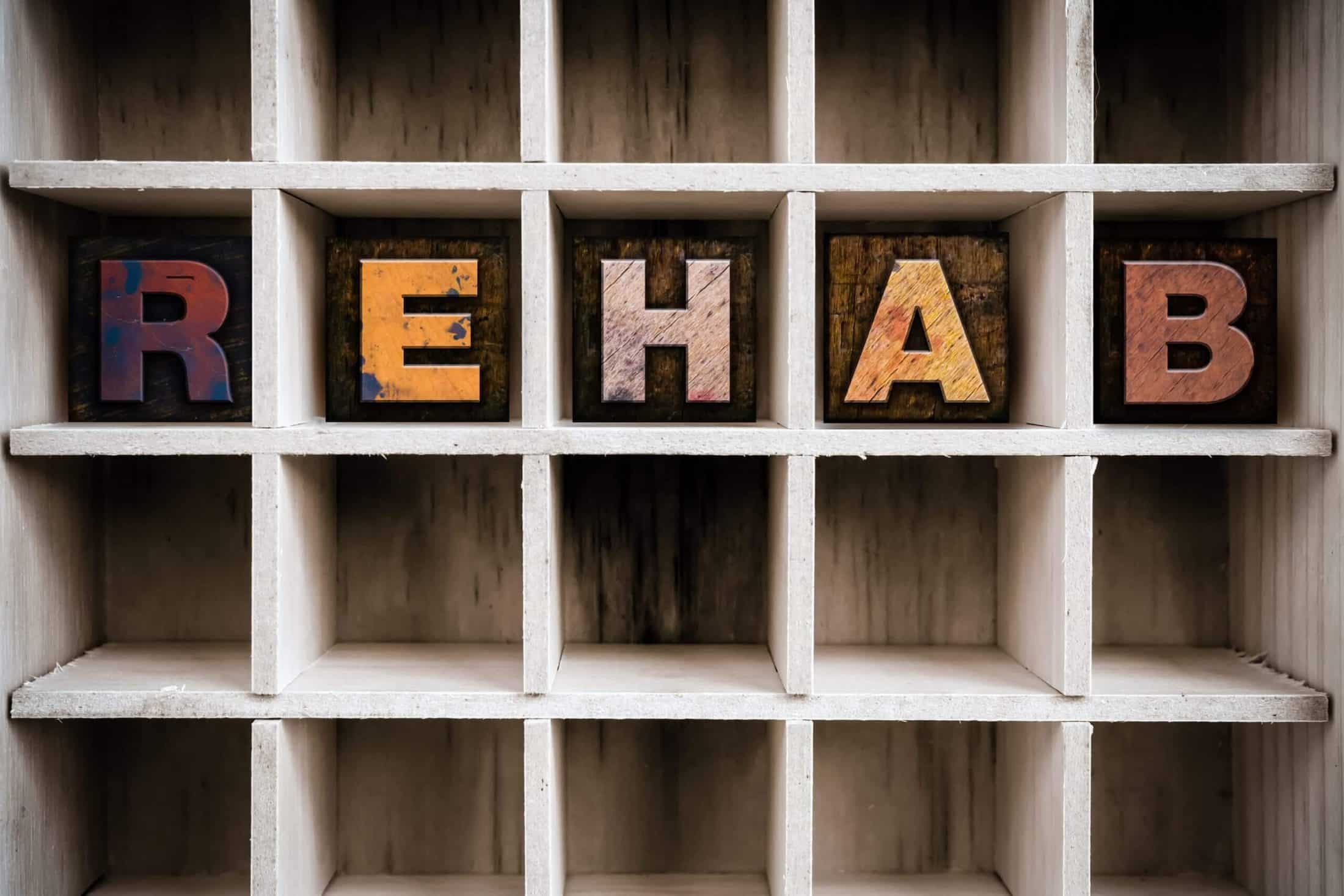It is a tough decision to make when it comes to being admitted to a drug and alcohol rehab facility. While it can feel confusing and uncertain about what the next steps look like, here is a guide to understanding the types of treatment options available and what daily life looks like within inpatient care.
Locations for a treatment center are all over the United States and many places have similar schedules and activities available. To understand drug rehab, it helps to see an overview of how different centers approach treatment, and what potentially a person may go through during the process of recovery.
The Difference Between Inpatient and Outpatient Care
There are pros and cons to both inpatient and outpatient care, but it comes down to what is best for the individual to live a sober life.

Outpatient care is often more affordable where a person is able to receive treatment during the day and returns home in the evening. For someone with a mild addiction, it can assist with shifting habits, but it will not disrupt their life entirely. It is an option that is good for social and familial support. However, if those social environments encourage addiction, it can be hard for someone to develop healthier patterns and stay sober.
Addiction is a lifelong process that does not have one quick fix. If a person is able to do inpatient care, it is the preferred method towards a successful recovery and a life of sobriety.
The Experience of Withdrawal and Recovery
One of the hardest parts of going through drug rehab is withdrawal. It is never recommended to cut off everything at once without medical supervision.
The American Addiction Center lists withdrawal symptoms as,
- Delirium tremens (DTs) that can cause violent tremors, agitation, confusion, and hallucinations
- Shakiness
- Increased body temperature/sweating
- High blood pressure
- Anxiety
- Sleeplessness
- Fever
- Muscle aches and cramps
- Runny nose
- Nausea
- Vomiting
Medical Detox
Under the supervision of medical care, a treatment center can facilitate a medical detox that carefully manages and calms symptoms in a safe environment. The Addiction Center cites the average detox usually lasting for 6.5 days. This form of pharmaceutical intervention within inpatient care ensures a safer route to recovery and overcoming withdrawal.
The Fear of Withdrawal
Recovery is not easy and it takes courage to take the steps to overcome drug addiction. The fear of withdrawal is often what keeps people away from choosing to receive treatment for their addiction.

Steps Toward Recovery
Taking the steps toward recovery does not have to be a blind path on your own. By being in inpatient care, there is 24/7 support and supervision. While each facility offers different treatment options and variations on length of recovery time, they are all designed to help you find the road to choose a sober lifestyle.
What Does Drug Rehab Near Me Look Like?
Most drug rehab locations have a similar pattern to the day. The schedule in place is designed to help you develop healthier habits from the beginning. Many centers offer yoga or meditation in the early hours of the day to start your day off with a sense of calm.
Group Sessions
After breakfast, most programs include a form of group session that relates to the 12-step program to recovery. Topics are discussed that help you find how you relate to your addiction and the patterns you have created over the years. The focus can often be on what people in your life, and relationships you have experienced, that have fueled addiction.
While it can feel difficult to start the day in this way, it helps unravel the deeper issue of drug and alcohol addiction within the safe environment of the treatment center.
Specialized Sessions and Daily Therapy
Talking in a group setting can be helpful, but there are certain topics that can feel incredibly hard to touch upon. Within drug and alcohol rehab you will have access to individual therapy sessions that pair you consistently with the same counselor. This builds trust and understanding in sharing your past experiences and developing new ways to cope with and understand addiction.
Individual behavioral therapy often consists of utilizing Cognitive Behavioral Therapy (CBT) to help further understand how you react to triggers, and learn ways to respond differently in the future.
Before entering a treatment center, most individuals are unaware of what specifically triggers them to abuse alcohol and drugs. Through individual therapy, it opens the ability to express feelings and concerns in a safe, and consistent, environment with professional guidance.
Specialized sessions are focused on particular issues related to addiction. Sessions such as anger management, stress relief, grief counseling, and other strategies focused on how to curve coping mechanisms towards a healthier approach.
Family Therapy
Addiction affects the whole family and over the years it can create codependency issues and built-up resentment. Family therapy offers a safe space to talk through shared experiences to find resolution and forgiveness for a better way forward. Including family members is often crucial in recovery, and offers a stronger support system in place when discharged from rehab.
Alternative Therapy
Some treatment centers offer a wider range of alternative options that can include art, music, dance, and equine therapy. These forms of therapy give new avenues for navigating unpleasant emotions and uncertainties during the recovery process. Alternative therapy depends on location, availability, and what programs the treatment center is able to offer.
If you find a particular therapy to be helpful for you, search for “drug rehab near me” to find local options available.
12-Step Meetings

Sleep
Early nights are encouraged to keep everyone on a healthier schedule. By getting enough sleep, you can feel more alert in the morning to be an active participant in group sessions, individual therapy, and offer encouragement or receive support from those around you.
If you have trouble sleeping while in drug and alcohol rehab, talk about it in your group sessions or individual therapy. Developing the tools toward healthy sleeping habits from the beginning can aid mental health struggles while in rehab.
Free Time In Drug Rehab Locations
While the day is often packed with activities, there is always some free time included. Some patients utilize the time to journal or meditate, while others choose to be active and exercise.
What you do with your free time is up to you. Some rehab locations have a pool, while others have ping-pong tables and basketball courts. It greatly depends on the size of the facility and what type of activity you enjoy doing during your free time.
Finding An Inpatient Rehab Near Me
To find an inpatient rehab near you, look at the Substance Abuse and Mental Health Services Administration’s website and search your city here.
The website not only offers a way to find local treatment centers, but also offers specific helplines and tutorial videos for you to find the right help for you. Each State allocates its resources differently towards mental health support and addiction treatment that affects how an individual is able to receive help.
By finding a local support center and searching for an inpatient rehab near me, you can find further resources towards inpatient care and co-payment costs.
Financial Aid For Drug Rehab Near Me
Suffering from drug and alcohol addiction puts financial strain on many individuals, which often hinders them from seeking help. There are many financial options and free services within treatment centers that offer a way for anybody, from any background, to get help.
Within the Affordable Care Act, addiction can longer be considered a pre-existing condition. This has given the opportunity for rehab facilities to be covered under some insurance policies. Many states are also able to accept Medicaid as a form of payment for treatment options.
Faith-based programs often offer free services, but there are many scholarship opportunities and ability to demonstrate financial hardship to receive coverage. If you are able to make some payments, consider asking help from friends and family for you to be admitted into a treatment center. With dedication in wanting to recover, you can have the support of the community around you.
You Are Not Alone In Recovery
Being admitted into a drug and alcohol rehab facility comes with an array of emotions that can invoke fear and uncertainty. The greatest thing that addiction centers can offer is the chance for a stronger recovery towards a sober life.
Whether you have suffered from addiction for decades, or have come into hard times more recently, there is always a path to recovery. When you are able to take that first step toward recovery for yourself, or give a friend or family member a chance to, it gives the chance for a healthier road forward for you, and those around you.
Join the Loosid community for more resources here.


